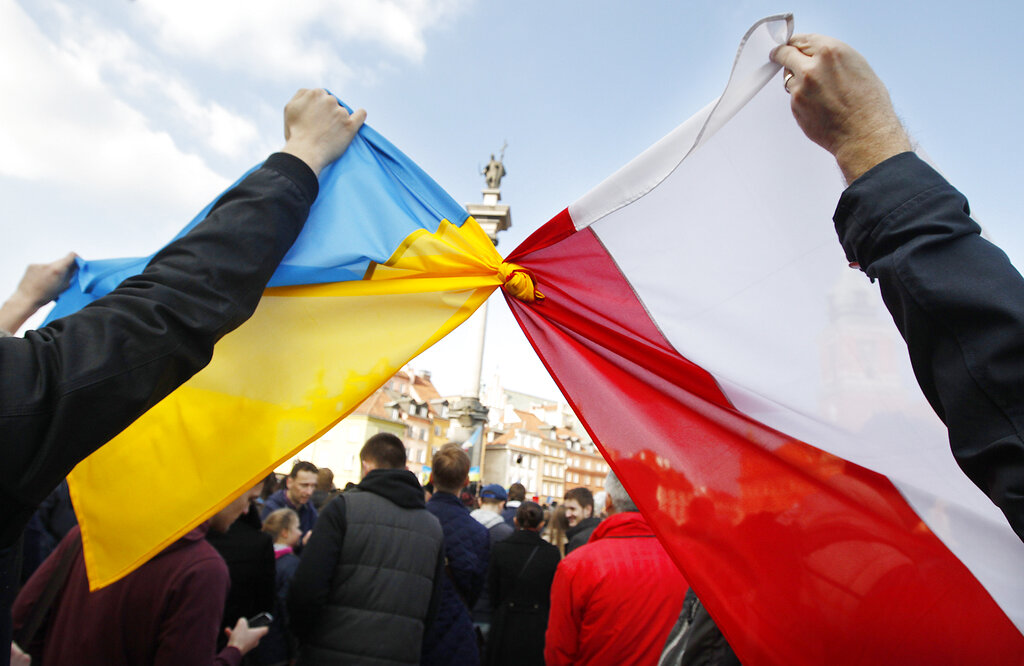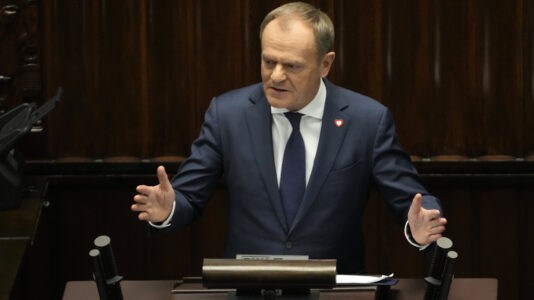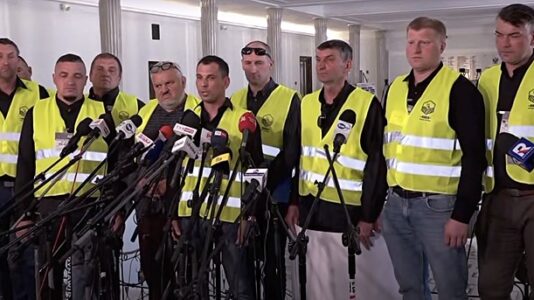A new report “Stability vs. Uncertainty: Young Poles and Ukrainians on Each Other and Their Neighbors,” published by the Juliusz Mieroszewski Dialogue Center, presents a complex picture of the attitudes and evaluations that young generations from both nations have towards each other. The study encompassed youths aged 18-26 from both countries, who were asked to assess the state of relations between the two nations.
Among young Poles, a neutral assessment of Ukrainians prevailed (48 percent). Positive relations between the countries were noted by 23 percent of respondents, while 29 percent viewed them negatively. Among Ukrainians, the percentage of positive evaluations is significantly higher — 48 percent. Forty percent of respondents consider relations with Poland neutral and 12 percent rate them as poor.
Poles primarily perceive Ukrainians as neighbors (40 percent), but also enemies (16 percent) and friends, allies, and competitors (each of these responses was noted by 8 percent). Ukrainians see Poles as neighbors (36 percent), friends (24 percent) and allies and “brothers and sisters” (each at 13 percent), while Poles are less likely to say this about Ukrainians.
Poles and Ukrainians perceive Russia and Belarus as unfriendly countries. Differences in perceptions of the nations are apparent: Ukrainians see Poles as the friendliest nation, while Poles are more sympathetic to Czechs, Slovaks and Lithuanians, putting Ukrainians after Germans.
Research also shows that 50 percent of young Ukrainians declare a willingness to join the army, compared to 36 percent in Poland. Among women, this readiness is much lower in Poland (28 percent) than in Ukraine, where it is almost 50 percent. Furthermore, 90 percent of young Ukrainians are willing to provide assistance to the army in the event of an attack, 35 percent more than Poles.
Dr. Łukasz Adamski, a historian and the deputy director of the Mieroszewski Center, attributes the stark difference in perception to the natural decline of the massive wave of mutual sympathy observed immediately after Russia’s aggression against Ukraine. The initial mutual idealization has given way to the recognition of a conflict of interests between the two states, resulting from both the war and the rapid integration of Ukraine’s economy into the EU markets.
Dr. Adamski also points to lingering tensions over historical issues and noticeable differences between the worldviews of Ukrainian and Polish political and intellectual elites. He notes, “Mistakes were made on both sides. However, young Ukrainians, hardened by war, are undergoing an accelerated course in maturity and understand the importance of Poland to Ukraine.”
In contrast, he describes the environment of Polish youth as relatively sheltered, similar to a greenhouse in comparison with the everyday realities of their Ukrainian peers.





